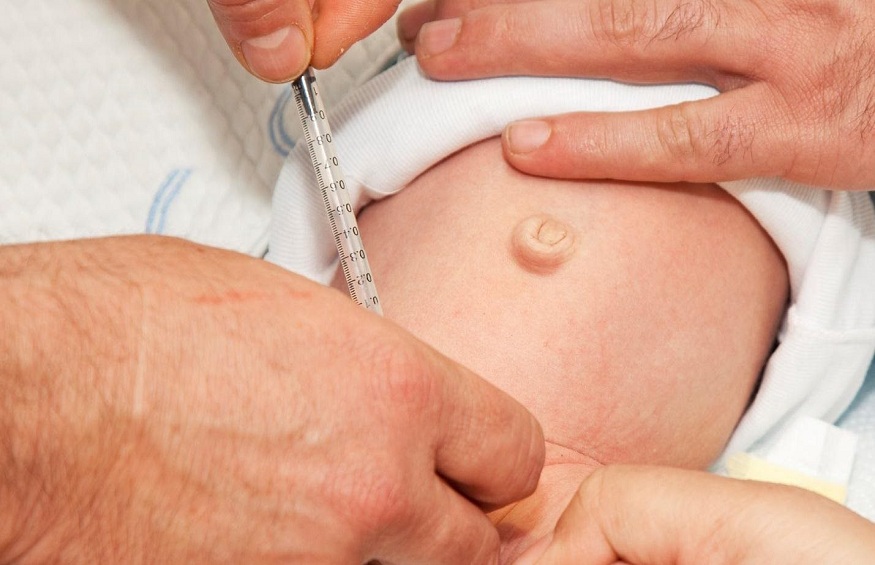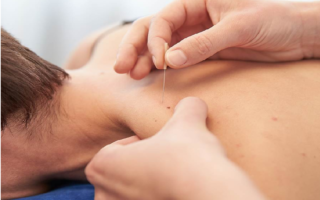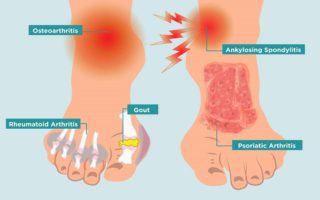Circumcision is the removal of the foreskin from a male’s penis using surgical methods. There are benefits to circumcision, like lowering the risk of getting diseases like UTI or Urinary Tract Infection. It doesn’t matter what age males want to get circumcised.
Some people prefer their babies get the operation after birth, while in some cultures, they waited for males to get older to decide for themselves if they want to get the procedure or not. Whether circumcised as a baby or as a 30-year-old man, the penis usually heals within seven to fourteen days.
Circumcision
This procedure removes the foreskin covering the head or the glans of the penis. Traditionally, males undergo this procedure after birth. This procedure started as a religious rite of passage. Today, individuals get circumcised for cultural, medical, or religious reasons. A lot of male babies get this procedure, traditionally within the first week of their life. Adults can get it as well, although it is less common.
Check out this site for more info about this subject.
Foreskin
The foreskin is a small piece of skin that covers the tip of the penis. When babies are born, this skin is completely attached to the penis. Over time, it separates from the head or the glans and is able to be pulled back or retracted. Usually, it does not separate when it remains or should be tight, also called phimosis. This condition requires more intervention or circumcision to help correct this condition.
How common is this procedure?
It is one of the most common surgeries among the male population. In the United States alone, at least 60% of male babies have their foreskin removed. Around the world, more or less 33% of male individuals undergo this kind of surgery.
The highest rates of operations are in the United States, South Korea, and the Middle East. It is less common in European countries, South America, and some parts of Asia. Muslim and Jewish individuals perform this operation as part of their religious rite of passage.
When these things are usually performed?
Traditionally, it is performed in the hospital, one or two days after the male baby is born. It is best to do it as soon as they are born. Delaying it can make the operation riskier. In the Jewish culture, bris or circumcision get performed when the baby is eight days old. Other faiths or culture performs it at a much later age.
Who performs it?
An obstetrician, pediatrician, or urologist can perform this surgery on a newborn in the hospital. Healthcare professionals can also perform it later in their clinic. In a Jewish rite, trained experts called mohels perform the operation.
Before the procedure
The health care provider can recommend giving the infant some acetaminophen to help relieve the pain. Usually, before the operation, the individual doing the procedure will:
- Place infants on their backs
- Carefully restrain their legs and arms, so their limbs do not flail during the operation.
- Clean the penis.
- Apply some anesthetics, either cream or injection, so they will not feel pain.
During the surgery
The individual doing the circumcision:
- Separates the skin from the glans or the head of the penis
- Use the scalpel to remove the skin
After the surgery
Immediately removing the skin, the health care provider applies an ointment to help ease the pain, avoid infection, and wrap the area with gauze.
Is it painful?
Like any operation, it can cause some discomfort or pain. But applying or using pain ointment, medication or anesthetics can minimize the pain or discomfort. These medications can help both during the operation and aftercare.
Can adults get circumcised?
Absolutely yes, they can get the surgery. Individuals who were not circumcised as infants may choose to undergo surgery as adults. Usually, it is the same for older men and adults as it is for infants. People will most likely have it in a healthcare facility or hospital using anesthesia.
The operation may take longer than it does for babies. Patients will need a couple of stitches after the surgery. The health care provider will speak to the patient about their recovery, including when they can resume having activities that are sexual in nature.
Risks
It is a safe and routine operation. As with any type of surgery, there are risks that patients need to face. These include:
- Meatitis or inflammation of the penis
- Irritation of the head of the penis
- Cutting foreskins too short or too long
- Adverse reaction to anesthetics
- Infection
- Bleeding
- Pain
In some cases, foreskins do not heal properly and can stick to the end of the penis (also called penile adhesion). If this happens, the kid may need a follow-up procedure.
Benefits of getting circumcised
This thing has some benefits; that is why finding a circumcision clinic with a good reputation is very important. Not only it helps in the health of the penis, but it can also improve hygiene. That is because circumcised penises are simpler to wash and clean, especially for kids. Some health benefits of this procedure include lower risks of getting:
Penile issues – Conditions like balanoposthitis or inflammation of the foreskin and glans, paraphimosis, and phimosis or when foreskins get stuck out of place.
Cervical cancers for the partner – Partners of circumcised men are less likely to get cervical cancer.
Penile cancer – Males who had the surgery are less likely to contract penile cancer.
STDs or sexually transmitted Diseases – Males who had the surgery have lower risks of getting certain sexually transmitted diseases like the Human Immunodeficiency Virus or HIV.
UTI or Urinary Tract Infections – This is more common in males who did not undergo the operation.




